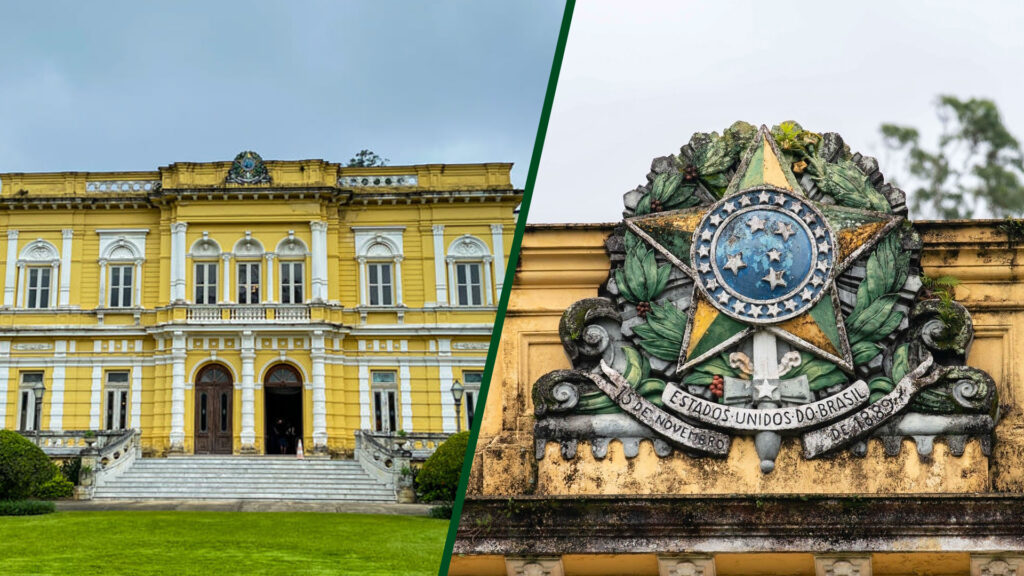
The official summer residence of the Presidents of the Republic of Brazil
The Palácio Rio Negro in Petrópolis, Rio de Janeiro, is the official summer residence of the Presidents of the Republic since 1903.

The Palácio Rio Negro in Petrópolis, Rio de Janeiro, is the official summer residence of the Presidents of the Republic since 1903.
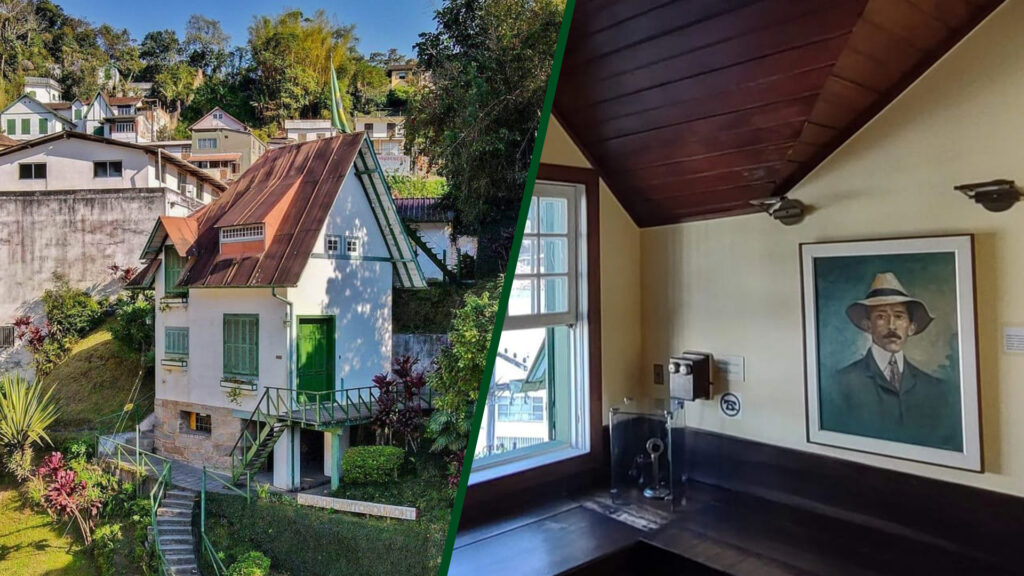
The Santos Dumont House Museum in Petrópolis is a picturesque residence nestled in a steep location in the city, built in 1918 with the help of engineer Eduardo Pederneiras.
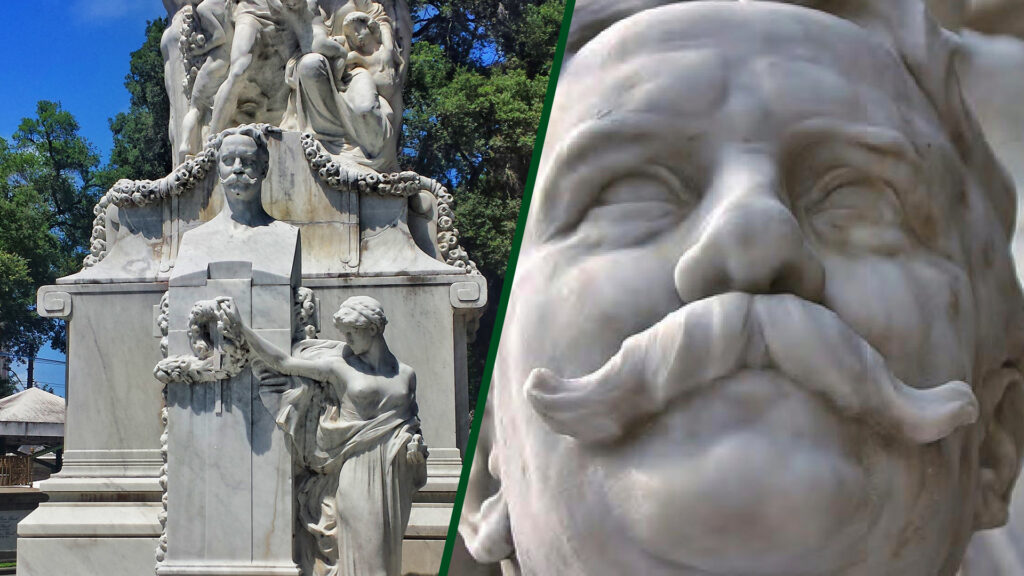
The Nabuco Chapel Mausoleum was the work of Italian sculptor Giovanni Nicolini, inaugurated in 1914, commissioned by the Government of Pernambuco. It features a visual narrative, depicting half-naked men, women, and children theatrically portraying the effort made to raise the coffin of the one who was the “redeemer of the

Ayrton Senna (1960-1994) was one of the most iconic and talented Formula 1 drivers in the history of motorsport. Born in São Paulo, Brazil, on March 21, 1960, Ayrton Senna began his career in karting at the age of 13 and quickly showcased his incredible talent behind the wheel. With
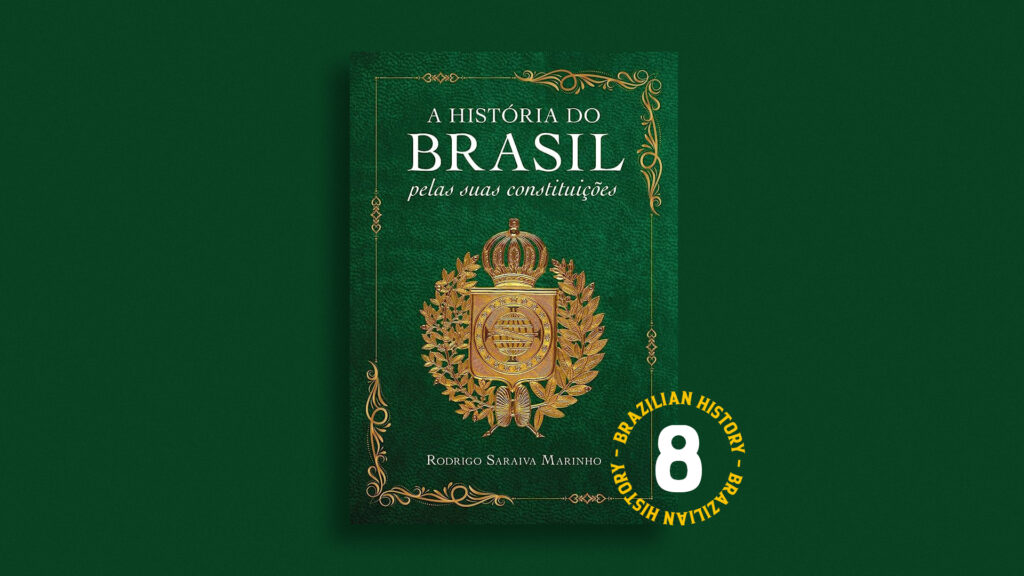
The book The History of Brazil through its Constitutions is a comprehensive and fascinating work that traces Brazil’s trajectory from its colonial period to contemporary times, with a special focus on the different constitutions that shaped the country’s political and legal organization throughout the centuries. Written by Rodrigo Saraiva Marinho,
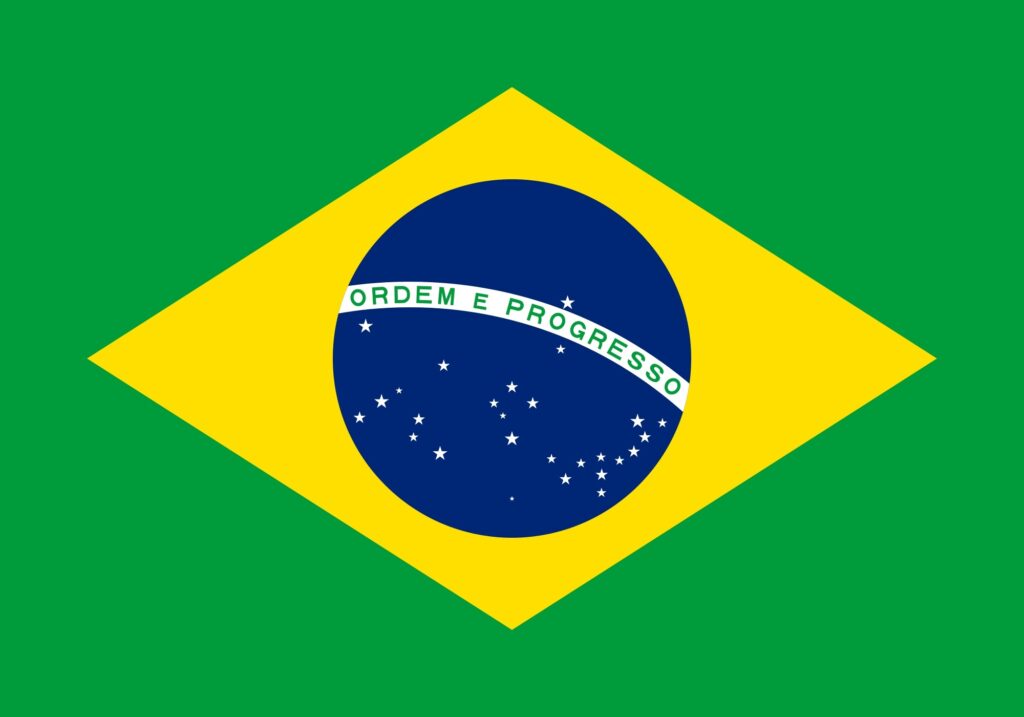
Positivism was a philosophical and social movement that exerted significant influence on various aspects of Brazil’s history, including the creation of its national flag. This ideology emerged in the 19th century, amidst significant social and political changes, and had the French thinker Auguste Comte as one of its main proponents.
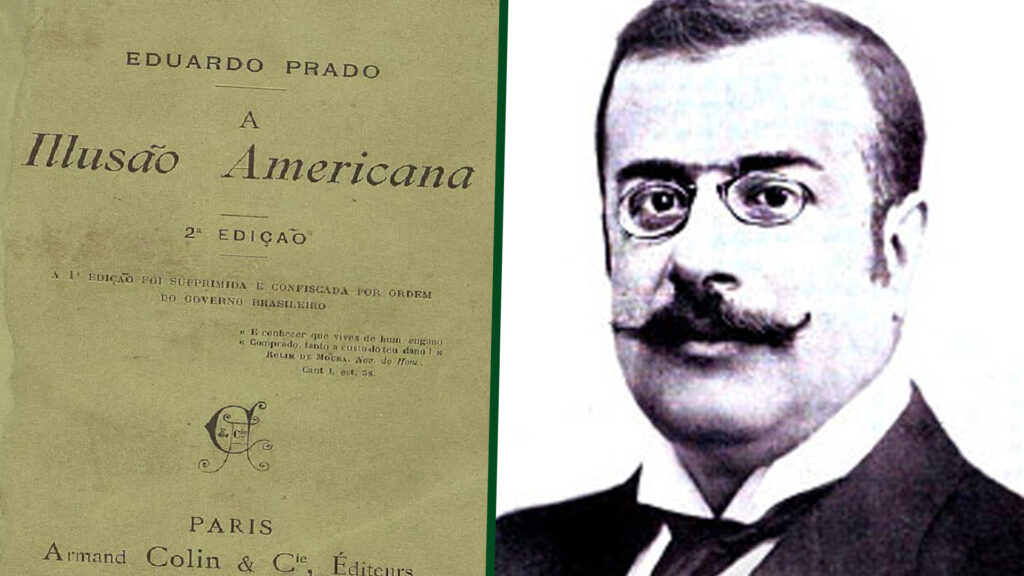
Eduardo Paulo da Silva Prado (São Paulo, 1860 – São Paulo, 1901), better known as Eduardo Prado, was one of the most notable Brazilian writers and political analysts. He was a founding member of the Brazilian Academy of Letters, a contributor to the work “Le Brésil” – published in 1889
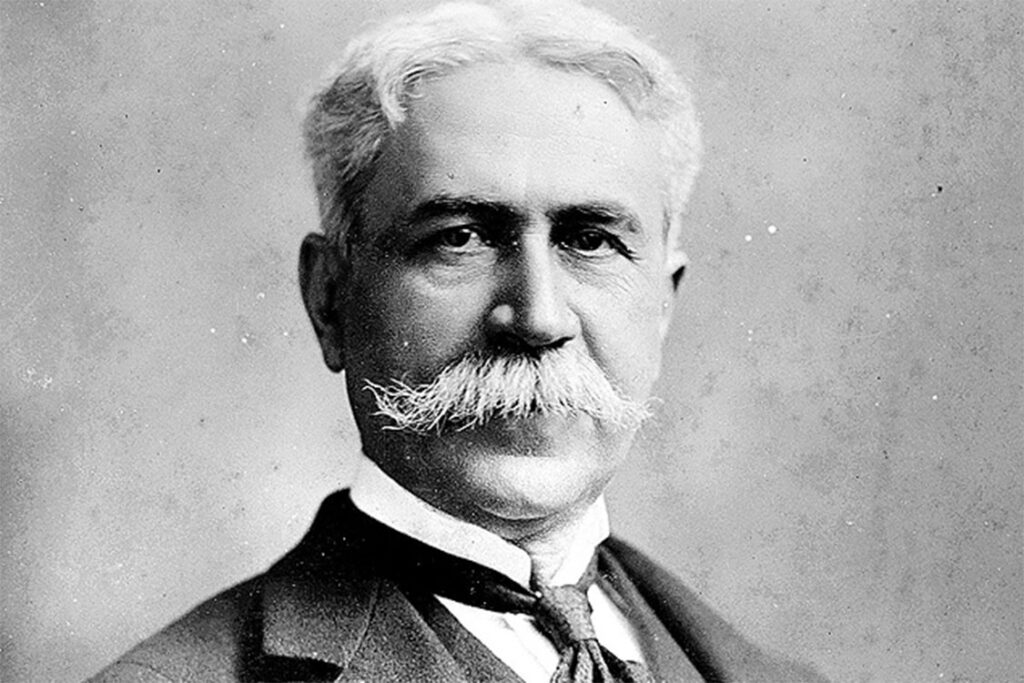
Joaquim Aurélio Barreto Nabuco de Araújo was born on August 19, 1849, in Recife, Brazil. He was an important Brazilian politician, diplomat, writer, and abolitionist. From a young age, Nabuco showed interest and skill in literature and social issues. Nabuco was educated at home by private tutors and later studied
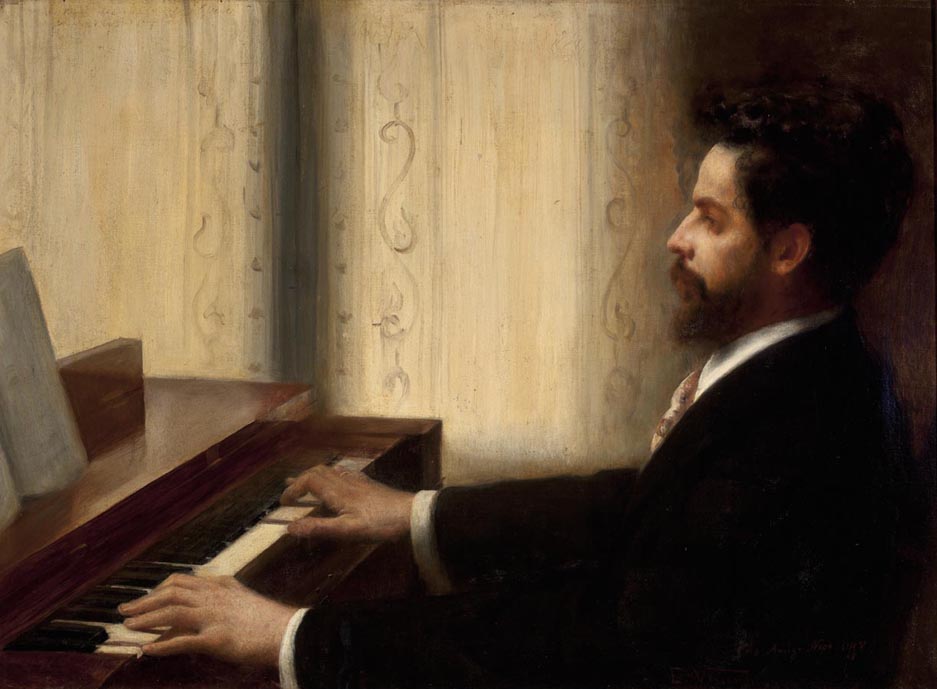
Alberto Nepomuceno (1864-1920), a Brazilian conductor and composer, was born in Fortaleza, the capital of Ceará. His parents were Vitor Augusto Nepomuceno and Maria Virgínia de Oliveira Paiva. He began studying music with his father, who was a violinist, organist, teacher, and chapel master at the Cathedral of Fortaleza. In
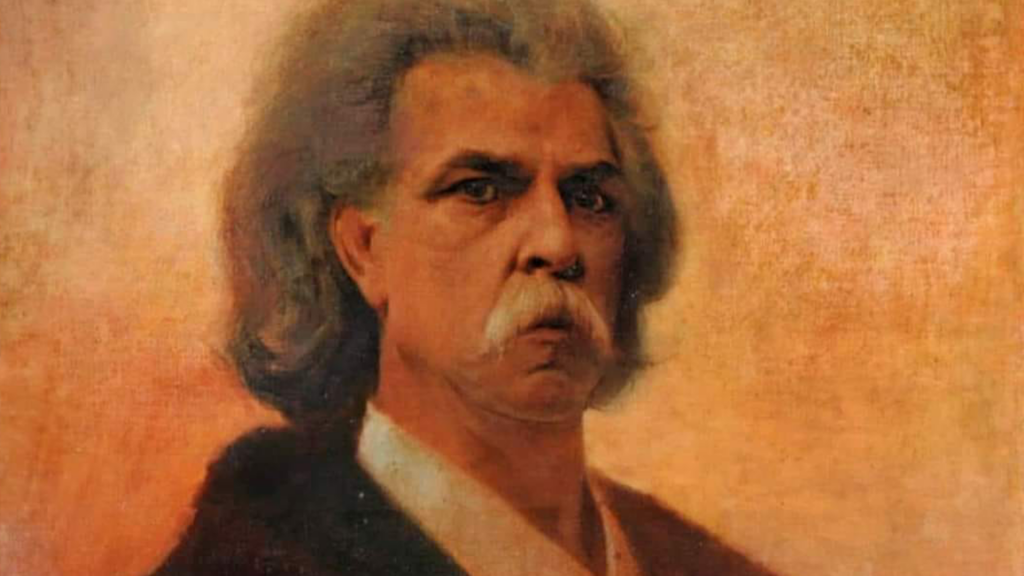
The first Brazilian composer to achieve international renown, Antonio Carlos Gomes (1836-1896), was born in Campinas, São Paulo, on July 11, 1836. After graduating with distinction, Carlos produced his first opera, “A Noite do Castelo” (September 1861), which was a great success.
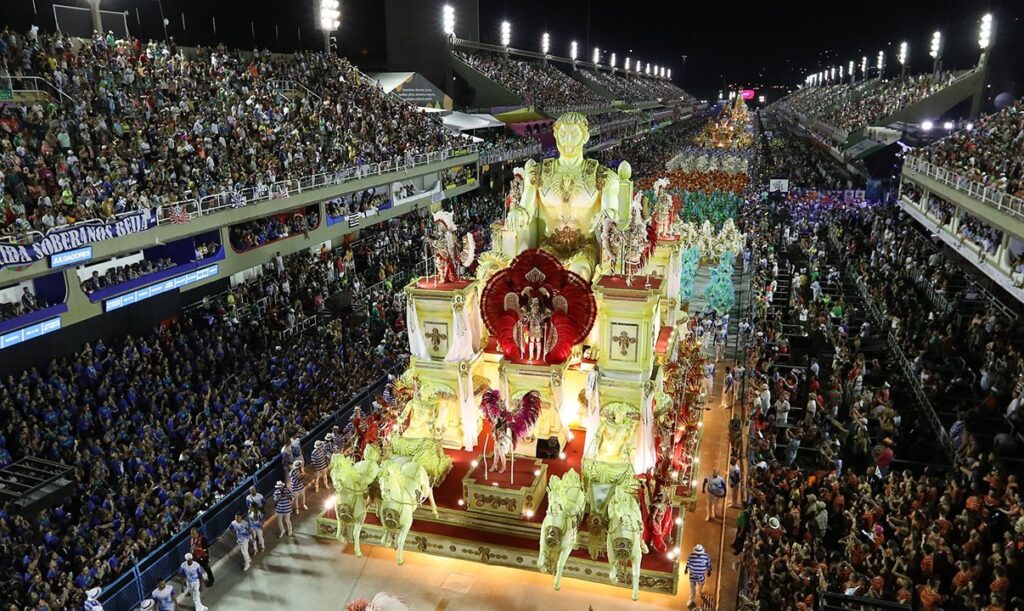
Carnival is a popular and cultural festival that has ancient origins and is associated with various traditions around the world. Although it is difficult to determine the exact origin of Carnival, it is believed to have roots in pagan celebrations that took place in ancient Rome and Greece.

Brazil, a vast and diverse country, is known for its territorial expanse and rich cultural variety. One of the administrative divisions of the country is the states, which play a crucial role in regional governance. Currently, Brazil is composed of 26 states and the Federal District, totaling 27 federative units.
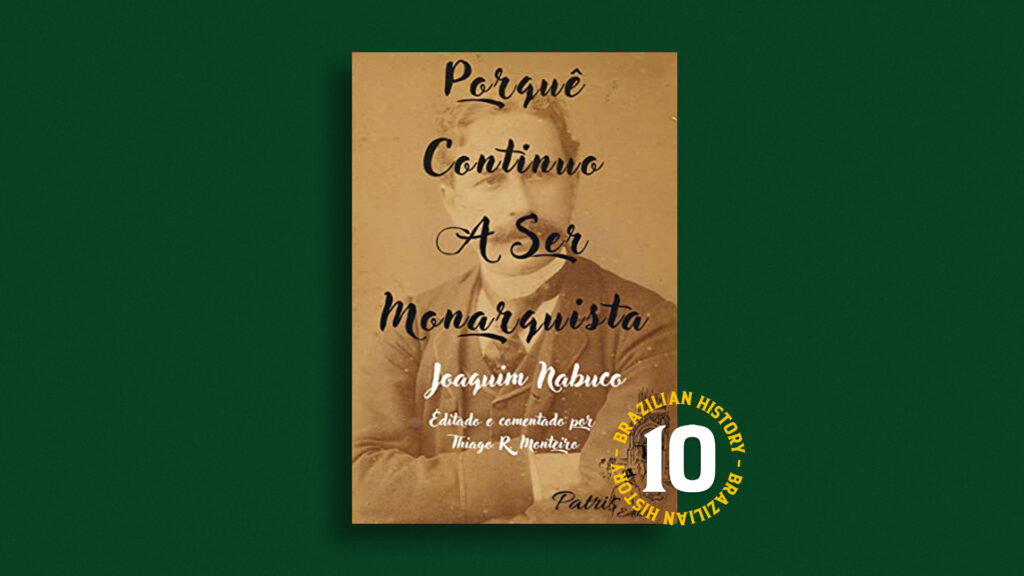
The book “Why I Still Remain a Monarchist” by Joaquim Nabuco is a work that explores the personal and historical reasons of the author for maintaining his monarchical position in a republican context. Published in 1913, the book, which was originally released as a letter to the Diário do Comércio,
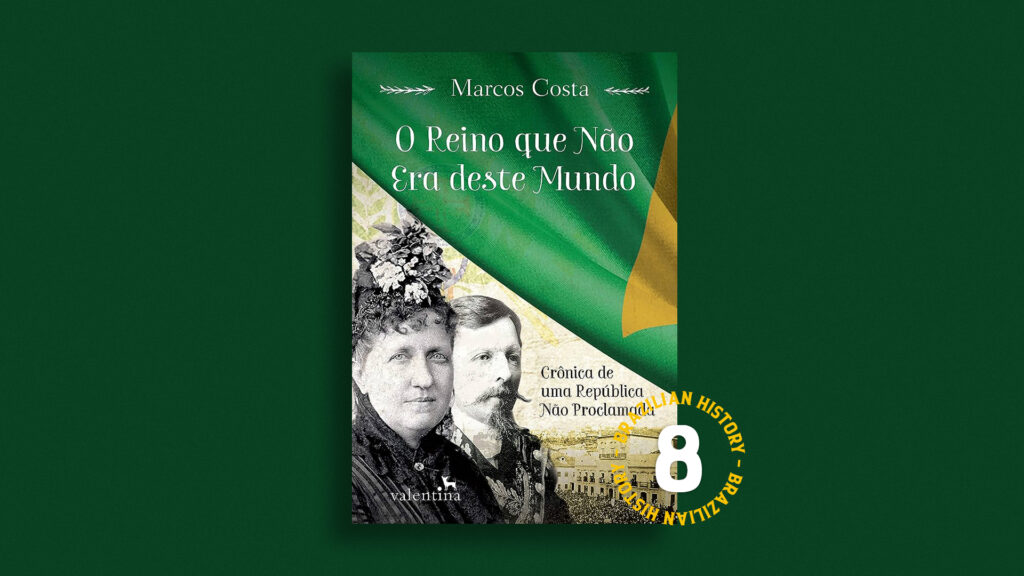
The book The Kingdom That Was Not of This World: Chronicle of an Unproclaimed Republic was published in 2015 by Valentina Publishers. This non-fiction work was written by Marcos Costa, and I read it in the Kindle version. Marcos Costa initially considered becoming an architect but soon changed his mind
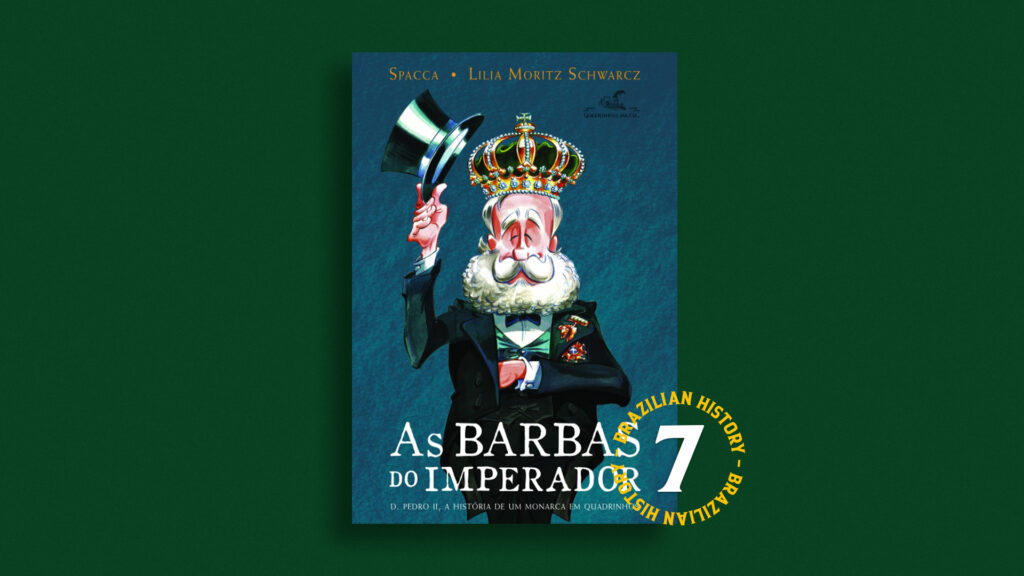
The Emperor’s Beards: D. Pedro II, The Story of a Monarch in Comics is an adaptation of Lilia Schwarcz’s book, simply titled The Emperor’s Beards. The comic book version was released on January 27, 2014, with the return of Lilia and the assistance of illustrator Spacca. Now, Spacca guides the
